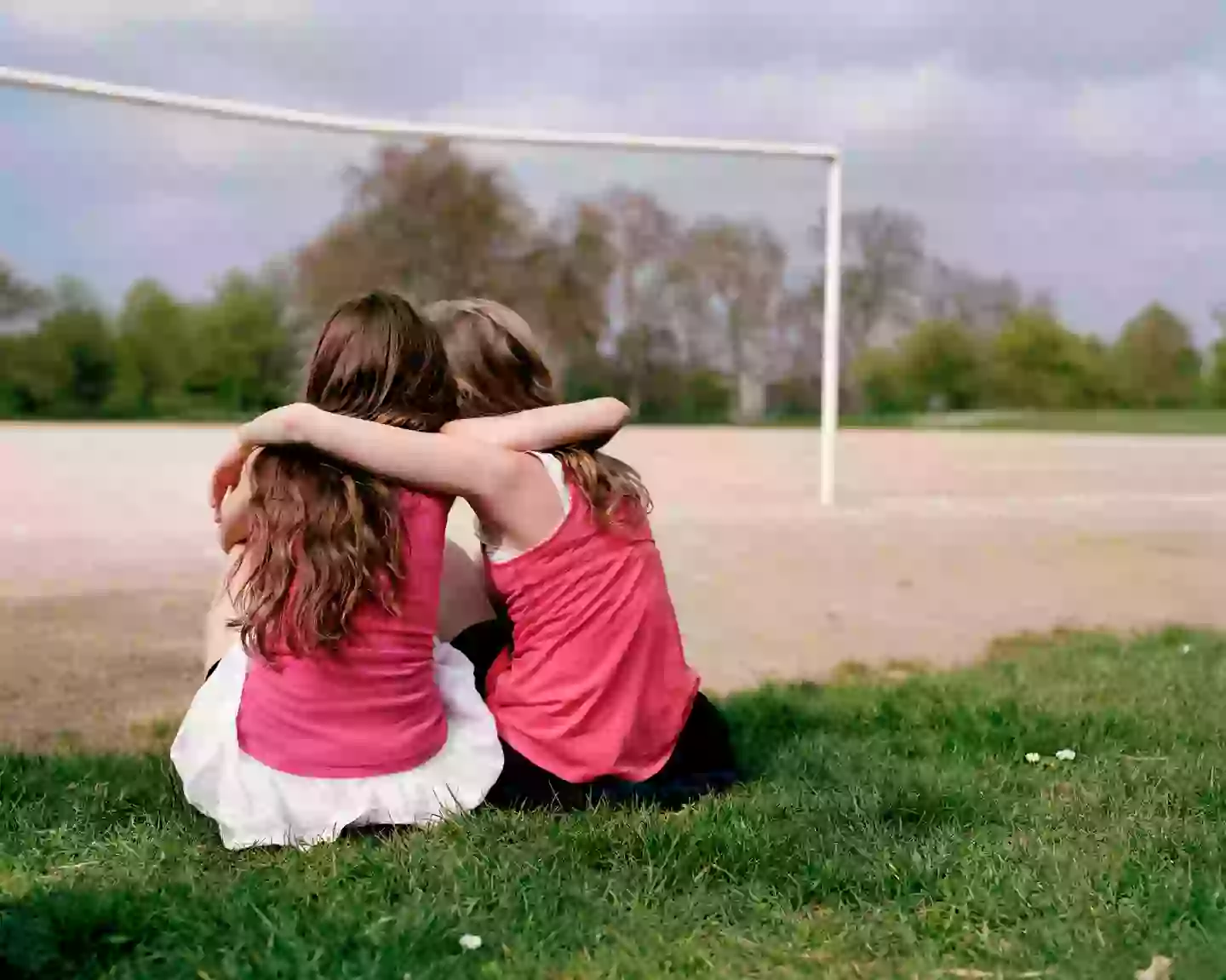A psychologist has highlighted 11 traits that adults might develop if they frequently experienced exclusion during childhood.
Growing up can present numerous challenges. Even with supportive friends and family, situations like being excluded by peers can cause significant distress.
Transitions like starting at new schools or joining new clubs can lead to seeking new social groups. Unfortunately, not everyone is as welcoming as they could be.
Dr. Alexandra Stratyner, Ph.D, emphasizes that our childhood experiences can profoundly affect us throughout our lives due to its crucial developmental phase.

In an interview with Parade, Dr. Stratyner mentioned that “Being excluded as a child can cause feelings of loneliness, sadness, anger, self-doubt and anxiety. If these feelings are not addressed, they can linger into adulthood, which can hurt one’s mental health.”
Taking this into account, Dr. Stratyner identified 11 adult characteristics that are linked to consistent childhood exclusion.
Missing out on events like birthday parties or park outings can lead to individuals feeling like they are the issue. Dr. Brandy Smith, Ph.D, clarified, “The possible insecurity within situations could stem from reduced social interactions, so there is literally less data to pull from regarding how to interact with others.”
Being excluded as a child can quickly reveal who your true friends are, thereby instilling the importance of loyalty.
“This is because they value the relationship greatly and would go to great lengths to protect it,” explained Dr. Stratyner.
Moreover, those who were left out might become more empathetic toward others in similar situations.
As adults, individuals who felt ignored as children might overcompensate by striving for recognition through perfectionist behaviors.

Less social engagement can yield more time for creative pursuits such as reading, writing, or playing music, which could continue into adulthood, aiding in problem-solving and idea generation.
Feeling excluded can contribute to low self-esteem and self-doubt.
Dr. Joel Frank of Duality Psychological Services stated, “For instance, if someone was excluded as a child, they may hesitate to share their ideas at work, fearing they won’t be valued.”
To avoid exclusion, some adults may go to great lengths to form connections.

Being left out can lead to feelings of inadequacy and a need for validation as adults.
If exclusion was a frequent childhood experience, you might find yourself opting out of social activities.
Dr. Smith noted, “Sometimes, when a person is often excluded, they will focus on self and create their own world, whether that be an imaginative world they connect with or becoming overly independent and not wanting much, if anything, to do with others.”
For those who found solace in familiarity as children, this might translate into a preference for structured environments as adults.
Reflecting on childhood exclusion can cause ongoing self-criticism.
Dr. Frank added, “Individuals may notice a heightened sense of vigilance, constantly watching for signs of rejection.”

